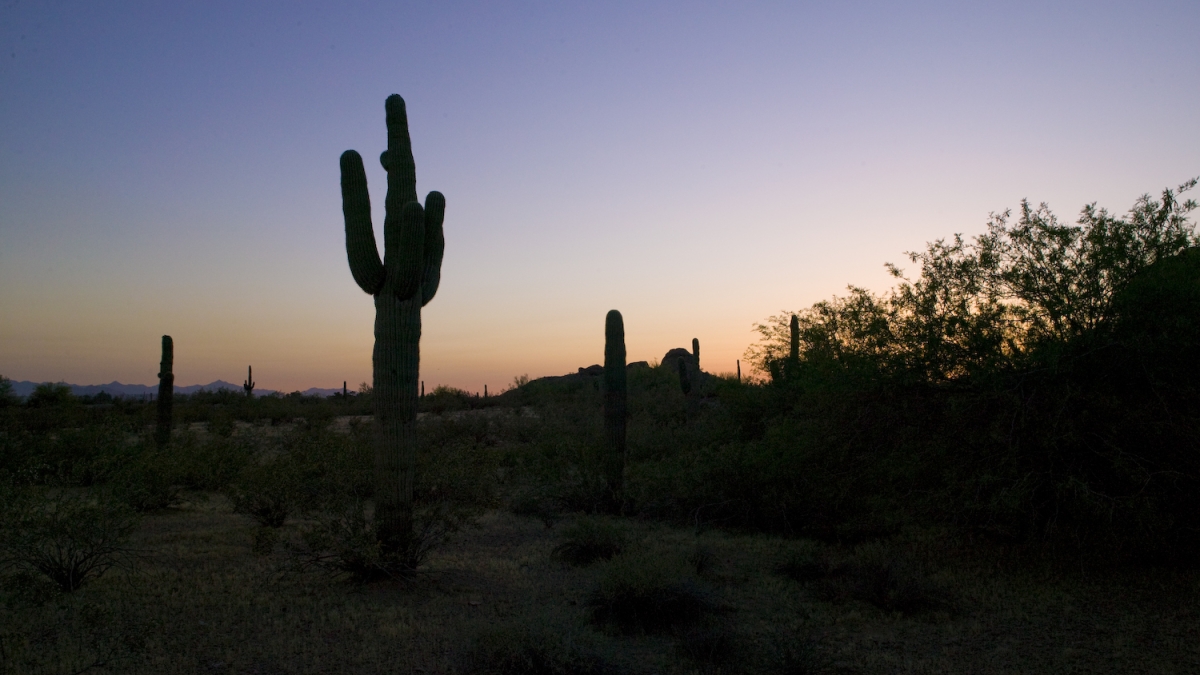Tucson, Phoenix panelists to strategize Sun Corridor's global economic launch

Arizona’s expanding Sun Corridor megaregion – linked and energized by the Tucson and Phoenix metropolitan areas – is poised to transform the state into an international economic powerhouse as it emerges from the Great Recession. But what are the best local and regional strategies to harness this pivotal moment?
Thought leaders from Arizona’s business, government and academic sectors will tackle this critical question at “Catalyzing the Sun Corridor,” a public forum co-sponsored by TREO and Arizona State University. The free event is slated for 3 to 4:30 p.m., Nov. 8, at the Hilton Tucson El Conquistador Golf and Tennis Resort. Click here for details. Attendees should RSVP by Nov. 4 here, or call 480-965-5566.
“Partnering across parochial interests and individual communities will be crucial to achieving our potential over the next two decades,” said Joe Snell, TREO president & CEO. “This forum assembles a cross-section of Arizona experts well-equipped to weigh the Sun Corridor’s multiplicity of assets and underlying challenges and help chart a course toward our prosperity in the global marketplace.”
Although identification of megaregions in the United States has endured several iterations, Arizona’s Sun Corridor consistently ranks among the 10 megaregions expected to account for most of the nation’s new population and job growth through 2040. Both Tucson and Phoenix – 100 miles apart – are key metropolitan components of the Sun Corridor, an enormous integrated economy stretching from Nogales to Prescott.
“As Arizona restarts itself after the collapse of its growth industry, our ability to succeed hinges on Tucson and Phoenix seeing each other as assets, not competitors,” said Virgil Renzuli, ASU vice president of public affairs. “In that spirit, ASU is joining forces with TREO. Our mutual goal is to inventory the Sun Corridor’s strengths and weaknesses, and come away with a clear vision of next steps needed to achieve international economic viability.”
Topics for discussion at the afternoon forum include measuring the current state of the Sun Corridor against characteristics of a successful economy and identifying the role of Arizona universities in transforming the Sun Corridor into one of the nation’s most competitive megaregions. In addition to local and regional assets, the economic panel will address underlying challenges, including education, poverty, housing and health care concerns.
Business, government and academic leaders taking part in the panel include the following:
• George Hammond, associate director, Economic and Business Research Center, University of Arizona
• Lisa Lovallo, market vice president for Southern Arizona, Cox Communications
• Marie Lopez Rogers, mayor, City of Avondale
• Jonathan Rothschild, mayor, City of Tucson
• Scott Smith, mayor, City of Mesa
• Chuck Huckelberry, administrator, Pima County
• David Swindell, director, Center for Urban Innovation, Arizona State University
• Marisa Walker, senior vice president, Strategic Planning/Infrastructure, Arizona Commerce Authority">
Guy Gunther, vice president and general manager of greater Arizona for CenturyLink, Inc. and chairman of the board TREO, will deliver the forum’s opening remarks. Moderator of the panel will be Ted Robbins, Tucson-based correspondent for National Public Radio covering the Southwest.
For the location and directions to the Hilton El Conquistador, click here.